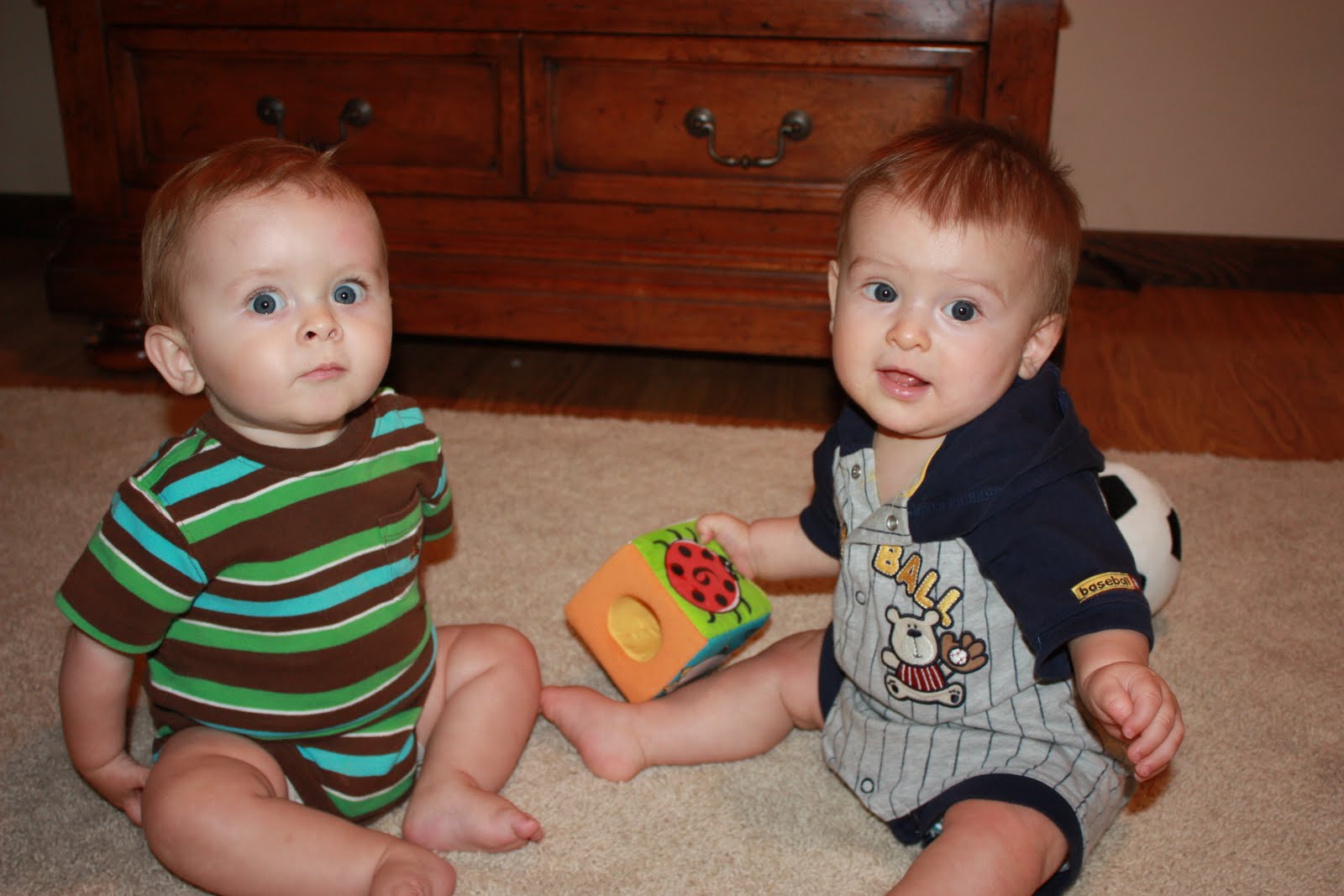The Relationship Between Language and Learning Disabilities
By: Frank R. Brown III, Elizabeth H. Aylward, and Barbara K. Keogh
Since the term was first introduced by Samuel Kirk in 1963, problems of language comprehension and expression have always been included as identifying characteristics of a learning disability. In fact, many argue that a language disorder is at the core of learning disabilities.

Children who are late in developing language were once seen as experiencing temporary delays that would resolve spontaneously over time. However, in 1980, Snyder predicted that the language-delayed preschooler of today may well become the learning-disabled student of tomorrow. A growing body of evidence supports her prediction and suggests that many of these children do not "outgrow" these problems and that "simple" delays in communications may, in fact, be stable predictors of later learning disabilities.
A particularly interesting line of research has been conducted by Paul and her colleagues. They followed a group of children from ages 2 to 6. The children were at first identified at age 2 as "late talkers" on the basis of their lack of expressive vocabulary development. Paul and her colleagues regularly assessed them on a variety of measures of language development until after entry into kindergarten. Although the majority of the "late talkers" outgrew their language deficits by age 4, they demonstrated delays in academic readiness at ages 5 and 6. Moreover, these children persisted in demonstrating social skills deficits, even when the language delays had apparently resolved. This suggests that an underlying deficit exists in the organization of the rules of symbolic systems.
Scarborough and Dobrich similarly concluded that young children may outgrow the presenting problem, the language delay, but not the underlying disorder in the ability to process symbolic information. They found that the severity of the language disorders in the children they studied decreased over time, giving the impression of a "recovery" by age 5. However, the majority of the children evidenced reading disabilities by grade 2. They argued that previous studies demonstrating a resolution of early language disorders had failed to investigate fully the relationship between language understanding and use and reading achievement.
The relationship between early language delays and later learning and social-behavioral disorders is clearly not linear, and additional prospective studies should help to clarify this issue. Retrospective studies that carefully review the early development of students who in the elementary schools exhibit learning problems may identify communication markers that predict later learning patterns. Based on the literature to date, however, it can no longer be argued that delays in the language development of toddlers do not indicate possible future academic and behavioral problems. What appears to happen is that, although a language disorder may disappear, it tends to reappear in different forms as tasks and contexts change over time. The "wait and see" approach frequently advised as the treatment for toddlers and preschoolers with communication delays can no longer be supported.
From Diagnosis and Management of Learning Disabilities: An Interdisciplinary/Lifespan Approach Third Edition by Frank R. Brown, III, Ph.D., M.D., Elizabeth H. Aylward, Ph.D. and Barbara K. Keogh, Ph.D.
How to Help Kids With Working Memory Issues by Rae Jacobson
Parents Guide to ADHD Medications by Child Mind Institute
The Most Common Misdiagnoses in Children by Linda Spiro, PsyD
How to Spot Dyscalculia by Rae Jacobson
Post-Traumatic Stress Disorder Basics by Child Mind Institute
How to Help Anxious Kids in Social Situations by Katherine Martinelli
Anxiety in the Classroom by Rachel Ehmke
The Benefits Of Unsupervised Play Will Make You Want To Back Off Your Kids' Activities In A Big Wayby Katie McPherson
How to Avoid Passing Anxiety on to Your Kids by Brigit Katz
3 Defining Features of ADHD That Everyone Overlooks by William Dodson, M.D.
Should emotions be taught in schools? by Grace Rubenstein